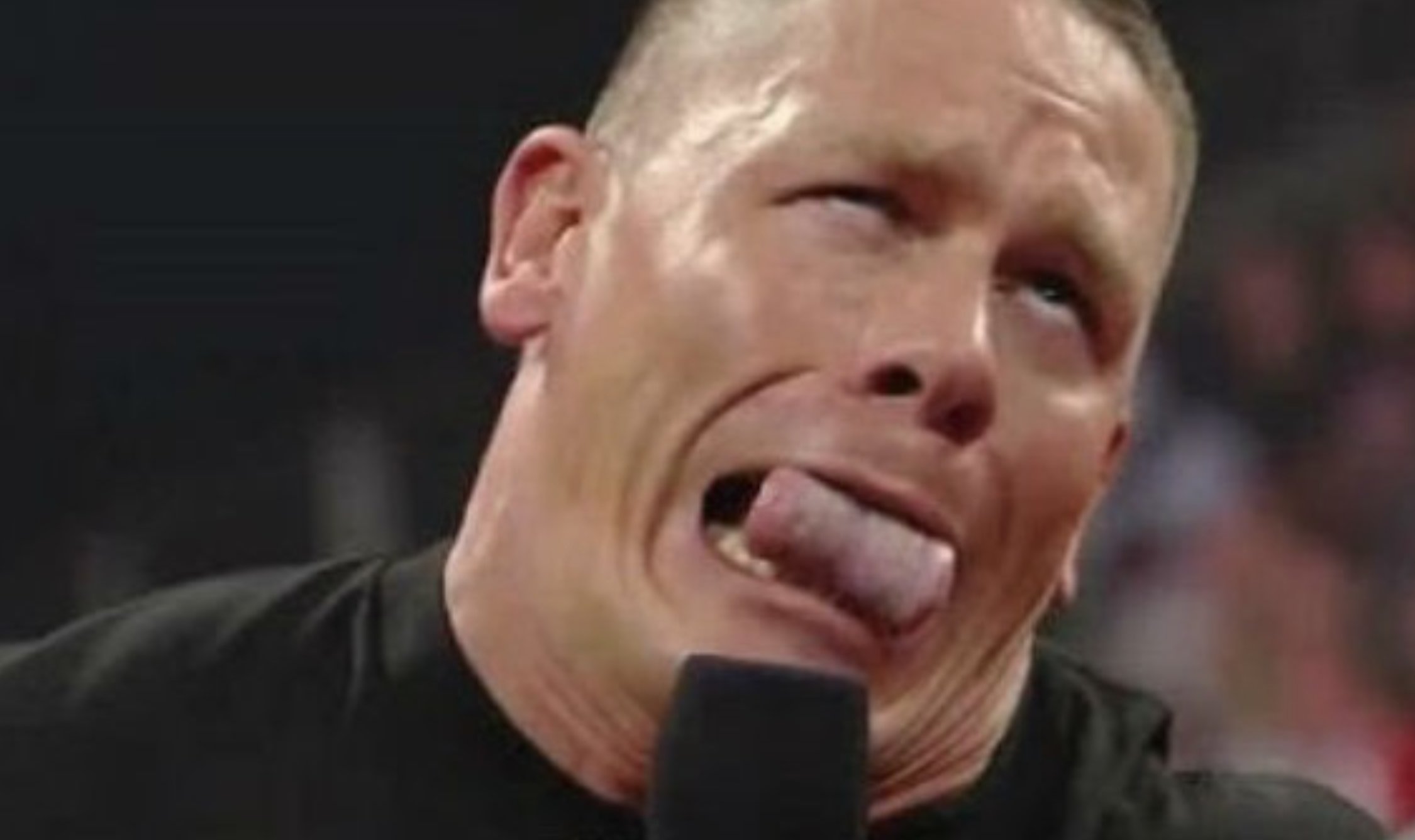All Wrestling Fans Won. You Can Stop Fighting Now.
Will you please be quiet, please?

Go on X.
If you take all of two minutes to doom-scroll through its hellscape, you will undoubtedly encounter something unhinged. You’ll see some AEW fan say something like “Nathan Frazier made a stupid career decision” as if he wouldn’t be jobbing on Collision most weeks under the failed idea that a decent ratio of offence will get him over in a few years.
Or, you’ll see some WWE fan pretend that AEW “fumbled” Brian Pillman, Jr., who is of course now on track to headline WrestleMania after generational cooker Shawn Michaels books him in NXT.
You can’t escape it, either. Even if you take every step to properly curate your timeline - blocking accounts that exclusively trade in the currency of tribalism, muting certain terms, like “mud”, “milli”, “Tiny Con” - you’ll still see it. You’ll see otherwise really insightful or amusing accounts get dragged into the “discourse”.
Try as you might, if you have even the slightest inclination to discuss or follow wrestling online, you will at some point or another read something about AEW and its “stories” or lack thereof. You can’t mute words that appear in a screenshot.
You’ll probably read something to the effect of “And I thought AEW didn’t tell stories!” when AEW - yes - tells a story. Or, you’ll read something like “AEW does tell stories, guys - just in a different way to WWE!”
Who is the target audience for that genre of tweet? The people who follow AEW know this already, and the trolls won’t listen.
Offensive, defensive, it doesn’t matter. Everybody is constantly fighting, and yes, this content is just as guilty. A sense of gotten-to paranoia cloaks everything now. On the odd occasion where a decent bit of nuanced analysis enters the discourse-sphere, it’s presumed to be in bad faith and is immediately throttled.
Now, cast your mind back to, say, 2011.
People either watched WWE because they earnestly enjoyed it or because they wanted to project their own vision of WWE onto it. ROH was great and all, but big time wrestling is amazing when it’s done well, and CM Punk was the choice of the self-anointed “ball-knower” back then. Whether you liked WWE or not, there’s a good chance you watched it regardless, often in hope rather than expectation. You’d be missing out otherwise.
By 2011, WWE had cultivated two audiences. These were the tribes before the AEW Vs. WWE tribalist war. In one corner sat the “Let’s go, Cena!” crowd.
These people were, quite obviously, fans of John Cena and by extension - because he was the face of WWE - WWE itself. They were kids who loved their babyface hero. WWE actively coveted this audience, as well they should have: they were trying to hook fans for life, and Cena was sponsor-friendly.
CONT'D...